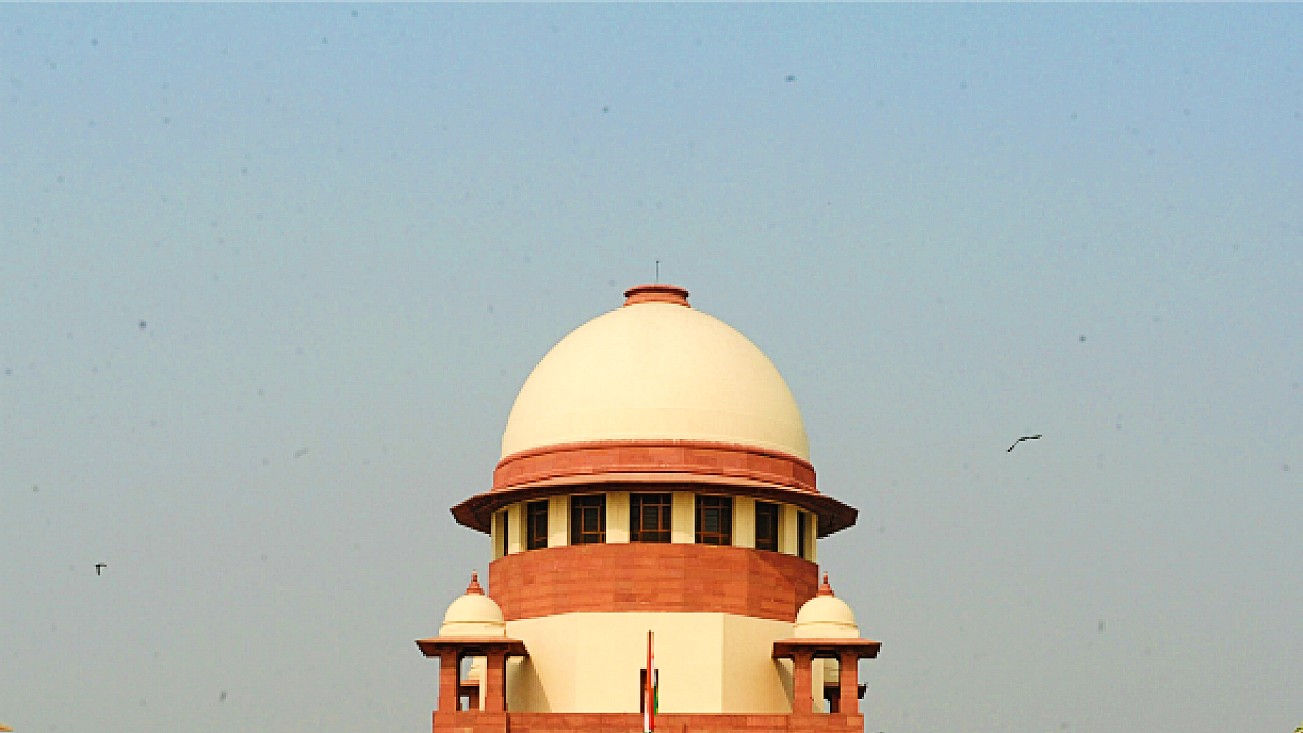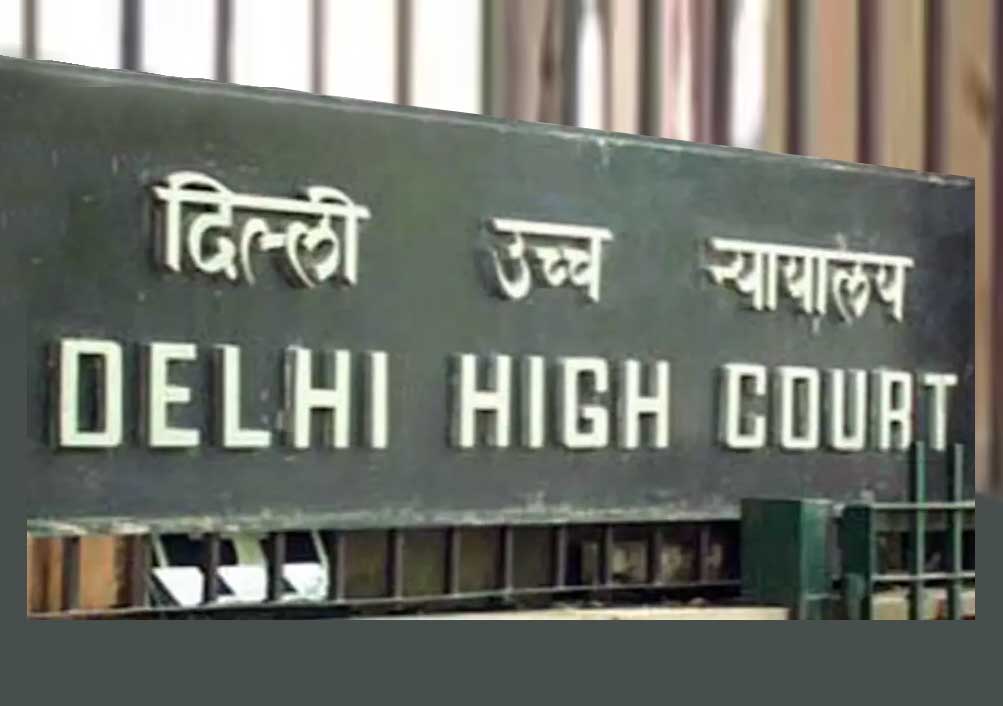Apex Court rebukes MP govt, police for attempting to shield accused by pressuring trial judge

Read judgment: Somesh Chaurasia vs. State of Madhya Pradesh & Anr.
Pankaj Bajpai
New Delhi, July 23, 2021: The Supreme Court has said that India cannot have two parallel legal systems, one for the rich and those who wield political power and influence and the other for small men without resources and capabilities to obtain justice.
While setting aside a Madhya Pradesh High Court order which had refused to revoke the bail granted to murder accused Govind Singh, who is the husband of Madhya Pradesh BSP MLA Rambai Singh, the Division Bench of Justice DY Chandrachud and Justice Hrishikesh Roy noted that the trial judge’s apprehension in the case that he was being subjected to political pressure showed that the existence of a dual legal system will only chip away the legitimacy of the law.
The Top Court slammed the government of Madhya Pradesh and its police functionaries for attempting to influence the trial judge and cloak the accused by way of political pressure.
The apex court was hearing an appeal filed by Somesh Chaurasia, son of Congress leader Devendra Chaurasia who was allegedly killed by the accused in the case.
The SC called for due inquiry by the High Court of Madhya Pradesh into the apprehensions expressed by the trial judge, stressing the need for necessary action to secure fair administration of justice in case the allegations are found to be true.
Condemning the act of the Madhya Pradesh DGP’s on his failure to arrest the BSP MLA’s husband, accused of murdering Congress leader Devendra Chaurasia, the Top Court took serious note of the manner in which the ASJ in charge of the criminal case was harassed by the law enforcement machinery.
“India cannot have two parallel legal systems, one for the rich and the resourceful and those who wield political power and influence and the other for the small men without resources and capabilities to obtain justice or fight injustice. The existence of a dual legal system will only chip away the legitimacy of the law. The duty also falls on the State machinery to be committed to the rule of law and demonstrate its ability and willingness to follow the rules it itself makes, for its actions to not transgress into the domain of “governmental lawlessness,” said the Supreme Court.
The Apex Court further added that the Indian Constitution specifically envisages the independence of the district judiciary. This is implicit in Article 50 of the Constitution which provides that the State must take steps to separate the judiciary from the executive in the public services of the State.
“The district judiciary operates under the administrative supervision of the High Court which must secure and enhance its independence from external influence and control. This compartmentalization of the judiciary and executive should not be breached by interfering with the personal decision-making of the judges and the conduct of court proceedings under them,” opined the Supreme Court.
The Apex Court also reiterated that the judiciary should be immune from political pressures and considerations. Justice Chandrachud added that a judiciary that is susceptible to such pressures allows politicians to operate with impunity and incentivises criminality to flourish in the political apparatus of the State.
The SC ordered that the inquiry as directed be concluded expeditiously and preferably within a period of one month from the date of the receipt of a certified copy of the judgment.
Sign up for our weekly newsletter to stay up to date on our product, events featured blog, special offer and all of the exciting things that take place here at Legitquest.




Add a Comment